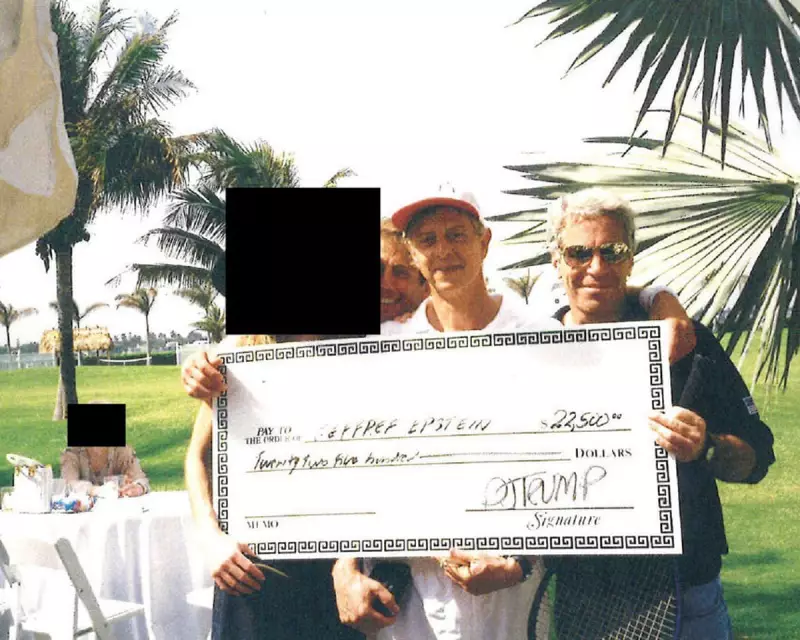
A newly circulated photograph purporting to show Donald Trump with the convicted sex offender Jeffrey Epstein and a young woman has triggered a major online frenzy and drawn furious legal threats from the former president's campaign.
The image, which spread rapidly across social media platforms, depicts Trump and Epstein seated at a table, with a young woman standing behind them. Its emergence has added fuel to the long-smouldering rumours about Trump's association with the disgraced financier.
Legal Volley and Demands for Retraction
Trump's campaign responded with characteristic fury, issuing cease-and-desist letters to high-profile social media accounts that shared the image. Their legal team has aggressively labelled the photo as "AI-generated fake news," fabricated to damage the Republican candidate's reputation in the final stretch of the election campaign.
This threat of legal action has forced a scramble among news organisations and commentators to verify the image's provenance, creating a cloud of uncertainty around its authenticity.
The Online Verification Battle
The digital sphere has become a battleground for establishing the truth. Online investigators and news agencies are meticulously analysing the photo's metadata, lighting, and historical plausibility.
Key points of contention include:
- Provenance: The original source of the image remains murky, making verification difficult.
- Digital Forensics: Experts are examining pixels and shadows for signs of digital manipulation.
- Historical Context: Researchers are cross-referencing the clothing styles and apparent age of the subjects with known timelines of Trump and Epstein's meetings.
This incident highlights the profound challenges media faces in the age of advanced AI, where a single, unverified image can dominate a news cycle and influence political discourse.
A Recurring Campaign Nightmare
For the Trump campaign, the photo represents a recurring nightmare—the persistent ghost of his past association with Epstein. Despite consistently distancing himself following Epstein's first conviction in 2008, these links continue to resurface, posing a significant reputational threat.
The campaign's strategy has been to immediately and vehemently deny and threaten legal action, aiming to shut down the story before it gains further traction. The effectiveness of this approach in a divided media landscape remains to be seen.
As the US election enters its critical final phase, this controversy underscores the potent role of unverified information and the ongoing struggle to define truth in modern political warfare.





